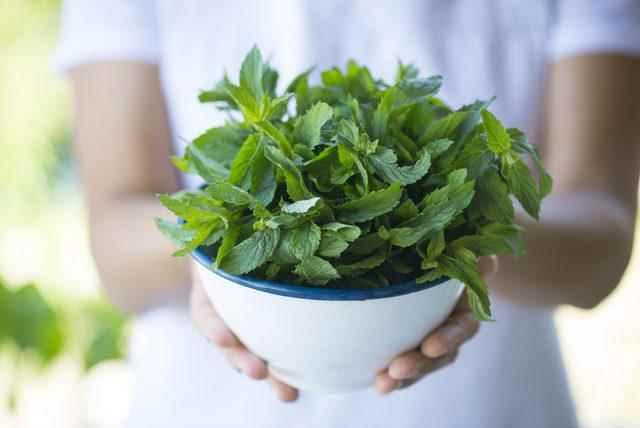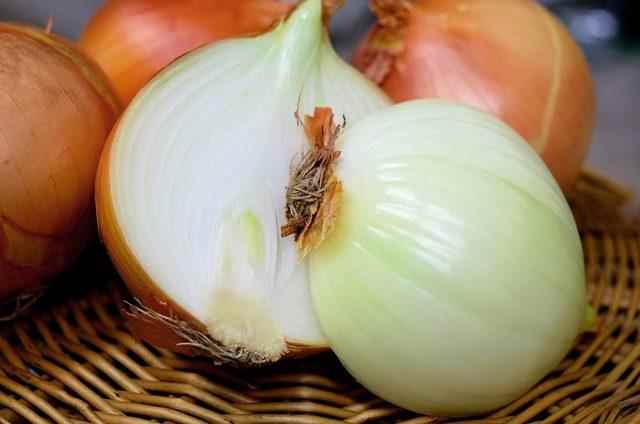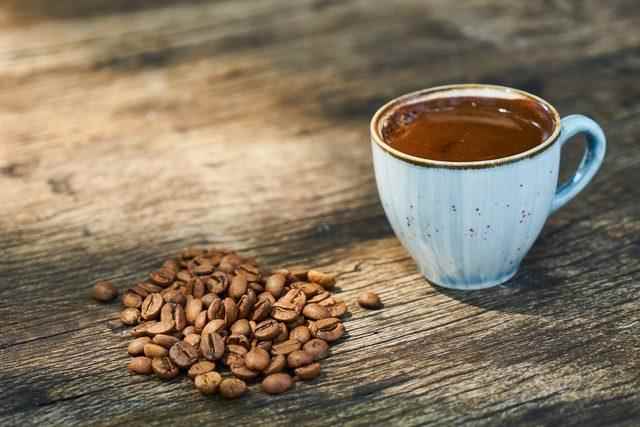Although the symptoms of gastritis and reflux are similar, reflux disease is a much more severe disease. For this reason, reflux patients may have to struggle with much more complaints than those with gastritis. One of these complaints is heartburn. Not only after meals, but also during the day, the stomach burns due to the fact that the acids accumulated in the stomach escape into the esophagus. Dietitian Elif Bilgin Baş gave information about the subject.
HIGH FAT FOODS
High-fat foods can cause heartburn. There are two ways that high-fat foods can trigger heartburn. First, they can relax the esophageal sphincter, the muscle that acts as a barrier between the esophagus and stomach. When this muscle relaxes, stomach acid can escape from the stomach into the esophagus and cause heartburn. Second, high-fat foods stimulate the release of the hormone cholecystokinin (CCK). This hormone can also relax the lower esophageal sphincter and cause acid reflux.
In addition, the hormone cholecystokinin encourages food to stay in the stomach longer so that it can be digested better. Unfortunately, this can also increase the risk of acid reflux, which can cause heartburn. It’s important to note that this doesn’t just apply to healthy foods rich in fat. This is also true for high-fat fried foods and packaged foods.
MINT
There is some evidence that mint consumption can cause heartburn. One study found a link between high doses of peppermint and acid reflux symptoms. Surprisingly, peppermint did not relax the lower esophageal sphincter. Instead, researchers believe that peppermint may cause heartburn by irritating the esophagus.

Another study of over 500 people found that those who consumed peppermint tea daily had twice the risk of heartburn. However, there is limited evidence of a link between peppermint and heartburn. If you think mint is making your heartburn worse, it’s best to avoid it.
CHOCOLATE
Chocolate is another common trigger for heartburn. Like high-fat foods, chocolate can relax the lower esophageal sphincter. This can cause stomach acid to escape into the esophagus and cause heartburn. In addition, chocolate is made from cocoa, which contains serotonin, the so-called “happiness hormone”. Unfortunately, serotonin can also relax the lower esophageal sphincter. Finally, chocolate also contains theobromine and caffeine compounds. Both can stimulate the lower esophageal sphincter to relax.
SPICY FOODS
They often contain a compound called capsaicin, which may slow the rate of digestion. This compound keeps food in the stomach longer and slows down digestion. This is also a risk factor for heartburn. Additionally, spicy foods can irritate an already inflamed esophagus, and this can worsen heartburn symptoms. This is why it’s best to reduce your intake of spicy food if you have heartburn.
ONION
Onions, especially when consumed raw, are a trigger for heartburn. Like other foods on this list, onions can relax the lower esophageal sphincter, which can cause symptoms of acid reflux and heartburn.

Additionally, onions are a rich source of fermented fiber that can cause burping. Burping can aggravate acid reflux symptoms. Fermentable fiber onions consist of FODMAPs, a group of compounds that can trigger digestive issues.
COFFEE
Some people may experience heartburn while consuming coffee. Coffee has been shown to relax the lower esophageal sphincter, which can increase the risk of acid reflux and heartburn. Some studies show that caffeine is the culprit. However, studies have only looked at the effects of caffeine and found that it may not trigger symptoms. In this case, it was thought that other compounds found in coffee may be responsible. Other studies have found no link between coffee and reflux symptoms.

Although the research is inconclusive, there is no need to avoid it if you can tolerate coffee. If coffee also develops problems such as reflux and heartburn, it is best to avoid it or limit your intake.
carbonated drinks
Fizzy drinks are also common causes of heartburn. Studies show that these drinks can relax the esophageal sphincter and increase stomach acid. In one study, scientists observed the sleep patterns of more than 15,000 people and found that about 25% experienced nocturnal heartburn. After further investigation, the researchers discovered that nighttime heartburn was strongly linked to several factors, including drinking carbonated soft drinks. Another study found that people who consumed carbonated beverages had a 69% higher risk of developing reflux symptoms such as heartburn.
